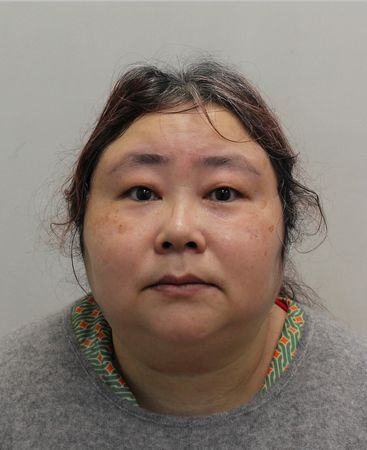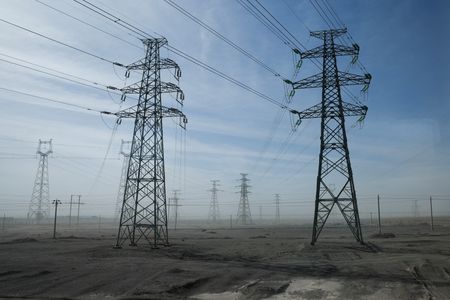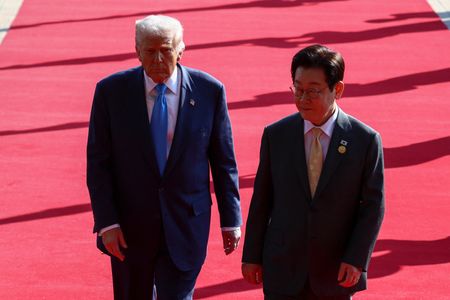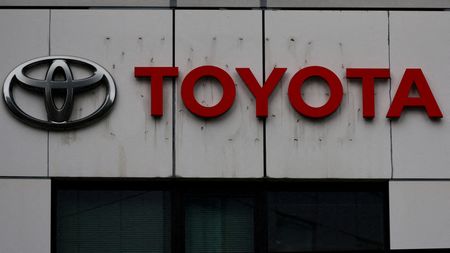By Panarat Thepgumpanat
BANGKOK (Reuters) – Thai firms grappling with losses of about $60 million from China’s ban on sugar syrup face shutdowns as soon as next month, an industry body said, while negotiations by officials of the Southeast Asian nation to lift the measure yielded no fruit.
Concerns about factory hygiene prompted China to suspend imports of syrup and premixed powder from the world’s second-largest sugar exporter in December.
Last month Thai officials said it had asked Thailand to inspect dozens of factories before starting talks to lift the ban.
“No factories are purchasing raw sugar, and operations have been halted for over two months,” said Todsaporn Ruangpattananont of the Thai Sugar Product Association, which typically buys a million tons of the sweetener each year.
“If there’s no way out by March, they’ll shut down.”
Thailand has not yet received a response from China to a list of factories licenced by its Food and Drug Administration, along with details of food safety regulations, sent on January 14, two Thai government officials told Reuters.
“We are still waiting for a response from the Chinese government,” said one of the officials, who both sought anonymity, as they were not authorised to talk to the media.
“Thailand is prepared to set up an inspection system in line with what China requires.”
Thailand’s National Bureau of Agricultural Commodity and Food Standards, the main agency handling the matter, did not respond to emailed questions.
China’s commerce ministry did not immediately respond to a request for comment.
About 40,000 metric tons of syrup and premixed powder shipped to Chinese ports had been returned to Thailand, said Todsaporn, whose association represents 42 sugar mills that primarily supply to China.
The resulting financial losses to Thai firms exceeded 2 billion baht ($59.51 million), or twice the previous estimate, Todsaporn added, reflecting shipping and transport costs, fines at Chinese ports and lower selling prices.
Thailand was China’s main supplier of liquid sugar last year, with shipments of more than 1.2 million metric tons, says supply chain services company Czarnikow.
Thammasorn Nawilaijaroen, a senior executive at SMC Food Thailand and Hefty Food Thailand, which exports syrup and premixed power to China and Japan, said both his firms had been hit by losses of around 100 million baht because of the ban.
Hefty Food, which exports syrup solely to China and shipped 120,000 tons last year, has stopped production, he told Reuters.
“There are 300 containers that have been brought back,” Thammasorn said, “We still don’t know who to sell them to.”
($1=33.6100 baht)
(Reporting by Panarat Thepgumpanat; Additional reporting by Kitiphong Thaichareon and Joe Cash in Beijing; Writing by Orathai Sriring; Editing by Devjyot Ghoshal and Clarence Fernandez)










